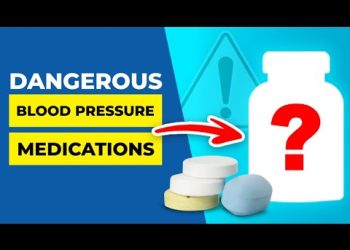### Understanding the Impact of Diet on Health
The food we consume plays a crucial role in maintaining our overall health. Particularly, our diet can significantly influence the risk of developing diseases, such as cancer. Understanding how certain foods can contribute to cancer cell growth is critical for making informed dietary choices.
### Chemicals and Additives
Many processed foods are laden with chemicals and additives that have been linked to various health issues, including cancer. These substances often serve as preservatives or enhance flavor but can disrupt bodily functions. It’s essential to be aware of these additives and reduce their intake.
### Sugar and Its Role in Cancer
Sugar is a major source of fuel for cancer cells. High sugar intake is associated with increased risk of several types of cancer. By limiting sugar consumption, you can decrease the amount of fuel available for cancer cell proliferation.
### Unhealthy Fats
There are healthy and unhealthy fats. Trans fats, often found in fried and baked goods, can be particularly harmful. These fats not only contribute to weight gain but are also linked to cancer growth. Choosing natural fats like those in nuts and avocados is a healthier alternative.
### Processed Meats
Processed meats contain various preservatives that can transform into carcinogenic compounds during cooking or digestion. Reducing the intake of processed meats like bacon, sausages, and salami can lower cancer risk.
### Synthetic Hormones
Some dairy and meat products contain synthetic hormones that have been linked to cancer. These hormones can disrupt the body’s hormonal balance, occasionally leading to cancer development.
### Pesticides and GMOs
Produce treated with pesticides and genetically modified organisms (GMOs) can be harmful to our health. Pesticides contain chemicals that may contribute to cancer risk, and the long-term effects of GMOs are still being studied.
### Over Consumption of Red Meat
While red meat can be part of a balanced diet, excessive consumption has been linked to increased cancer risk. It’s suggested to limit intake and choose leaner cuts to minimize this risk.
### Alcohol Consumption
Despite occasional benefits reported when consumed in moderation, alcohol can increase the risk of certain types of cancer. Reducing alcohol consumption is advisable for those concerned about cancer risk.
### Making Healthier Choices
To lower cancer risk and improve health, focus on a whole-foods diet rich in fruits, vegetables, whole grains, and lean proteins. Being informed and making conscious food choices can significantly impact your well-being.
Incorporating these dietary adjustments could lead to a healthier lifestyle and reduce the likelihood of cancer cell proliferation. Making informed and thoughtful food choices is a pivotal step toward maintaining health and longevity.











